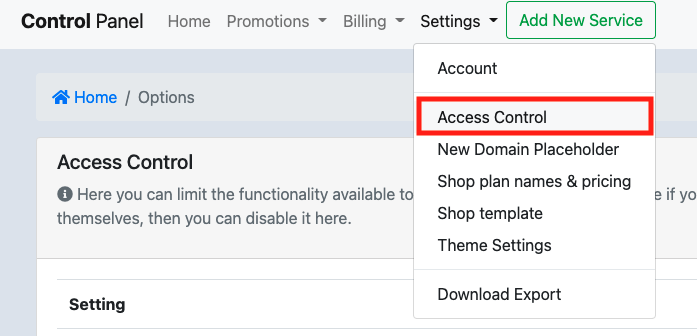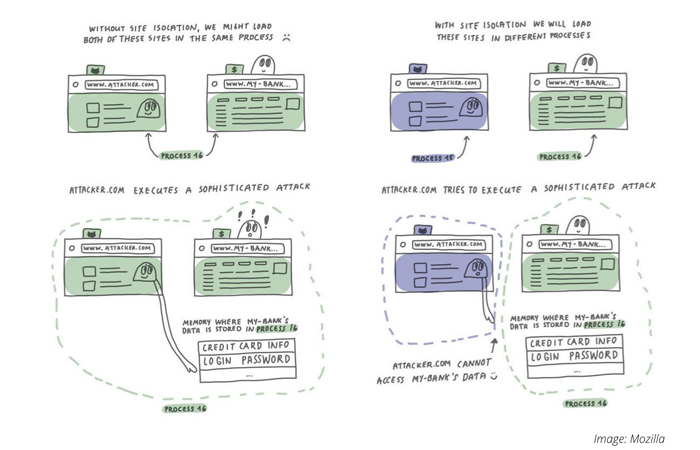Mozilla turned the blocking of third-party tracking cookies on by default this week with the launch of Firefox 69. Although the function has been available since October’s Firefox 63, this week’s build is the first to enable the function by default, even for present customers who’re simply upgrading.
Tracker blocking
Mozilla is clearly not done with its user-shielding efforts. Clicking the shield icon in the address bar in Firefox 69 just gives you a flat list of cookies, both allowed and blocked. Firefox 70 Beta takes things a step further by breaking them into categories, including Cross-Site Tracking Cookies, Fingerprinters, Tracking Content (which effectively means “ads” and is still allowed by default), Social Media Trackers, and Cryptominers. The beta will drop a notification down from the address bar the first time the user encounters a Social Media Tracker, inviting exploration into the settings.
Clicking the shield icon in the address bar of Firefox 69 gets you a list of cookies – both blocked and allowed.

Firefox 70 Beta ( Shown here in Dark Mode) breaks the blockable items fown in more granular categories than 69 does.

The “finger printers” category is new to Firefox 70 and takes direct aim at trackers that attempt to build a trackable fingerprint of your computer itself.

The blocking report is new to Firefox 70 (currently in beta) and shows aggregate statistics of all the nasty things it has blocked recently.

Source: https://arstechnica.com/gadgets/2019/09/firefox-is-stepping-up-its-blocking-game











